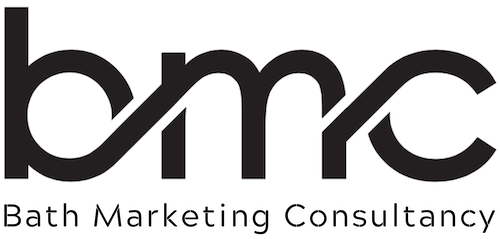Understanding SEO (Search Engine Optimization) can sometimes feel like learning a new language, full of complicated terms and concepts. But in simple terms, SEO is about making sure that your website shows up when people search for the products, services, or information you offer. The key to a successful SEO strategy is making sure your website is well-optimised. Here are the five core elements every website should have to help improve search engine rankings.
1. Page Title
The page title is one of the most important pieces of information for search engines. It’s the first thing that shows up in search results and is usually displayed as a clickable link. This title should give a clear idea of what the page is about.
Each page on your website should have a unique title, and it’s best to keep it under 100 characters. If the title is too short or missing, the web address (URL) may show up instead. So, make sure your page title is both informative and engaging to encourage clicks.
2. Meta Description
The meta description is a short text snippet that appears under the page title in search results. Think of it as a brief introduction to what the page contains. It’s a great opportunity to grab the searcher’s attention and convince them to click through to your site.
Each page should have a unique meta description, and it’s best to keep it under 150 characters. This should provide a concise summary of the content on that page while including important keywords related to your business.
3. Body Text
The body text is the content of the page itself—everything that users will read when they visit. The first 300 characters are especially important because search engines use this information to understand the page’s relevance to a search query.
For best results, make sure your body text is clear, engaging, and includes keywords that people might search for. However, avoid “keyword stuffing” (overloading your content with keywords), as it can hurt your rankings.
4. Meta Keywords
Meta keywords are words or phrases that you want search engines to associate with your page. These keywords should reflect what people might search for when looking for your products or services.
Although the importance of meta keywords has decreased over time, it’s still worth including a few relevant terms. Keep it concise—ideally, no more than 100 characters—and make sure they are closely related to your page content.
5. Page URL
The page URL is the web address of your page. It’s the last piece of information search engines use to understand what your page is about. Ideally, your URL should be short, descriptive, and include a keyword or two.
For example, if you’re creating a page about SEO tips, a good URL might look like: www.yoursite.com/seo-tips. This helps both search engines and visitors understand the topic of the page.
Final Thoughts
These five elements—page title, meta description, body text, meta keywords, and URL—are the foundation of SEO. While there are many other factors that influence search rankings, focusing on these key elements will help your website become more discoverable to search engines and potential customers.
Remember, SEO isn’t a one-time task. It’s an ongoing process of optimisation and refinement. By paying attention to these core elements and ensuring each page is well-structured, you’ll be well on your way to improving your website’s search engine rankings and attracting more visitors.



